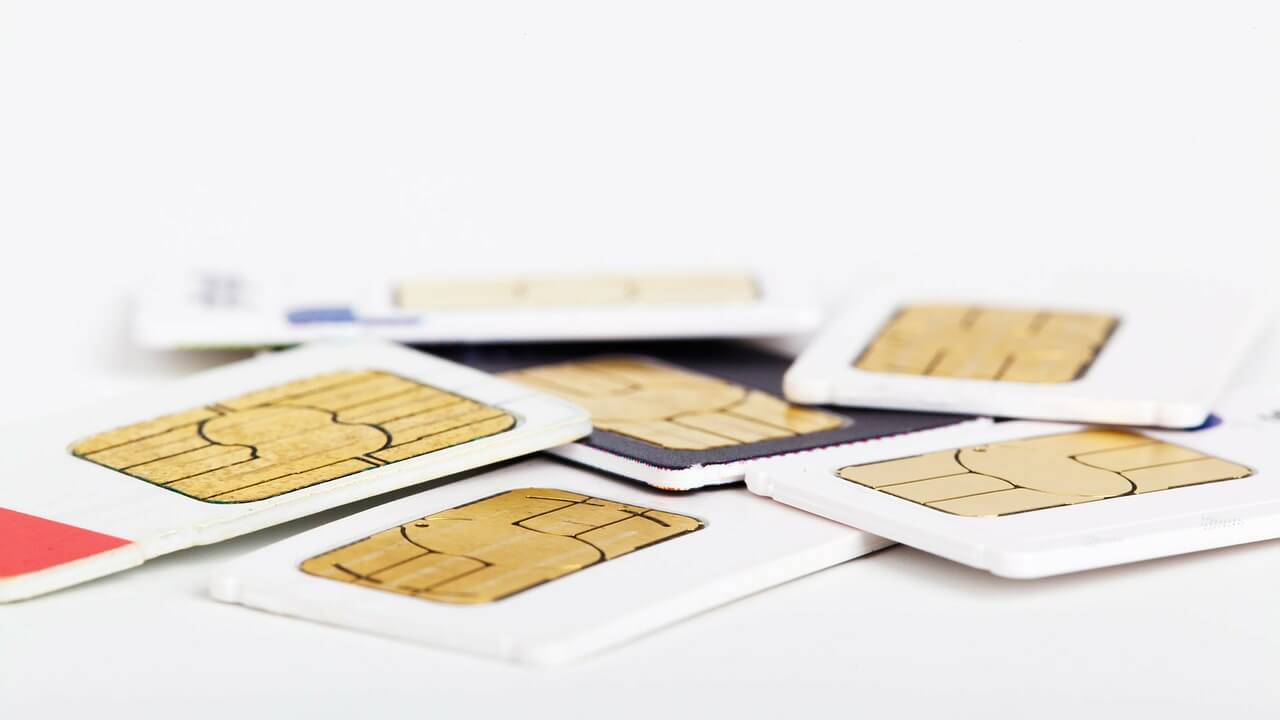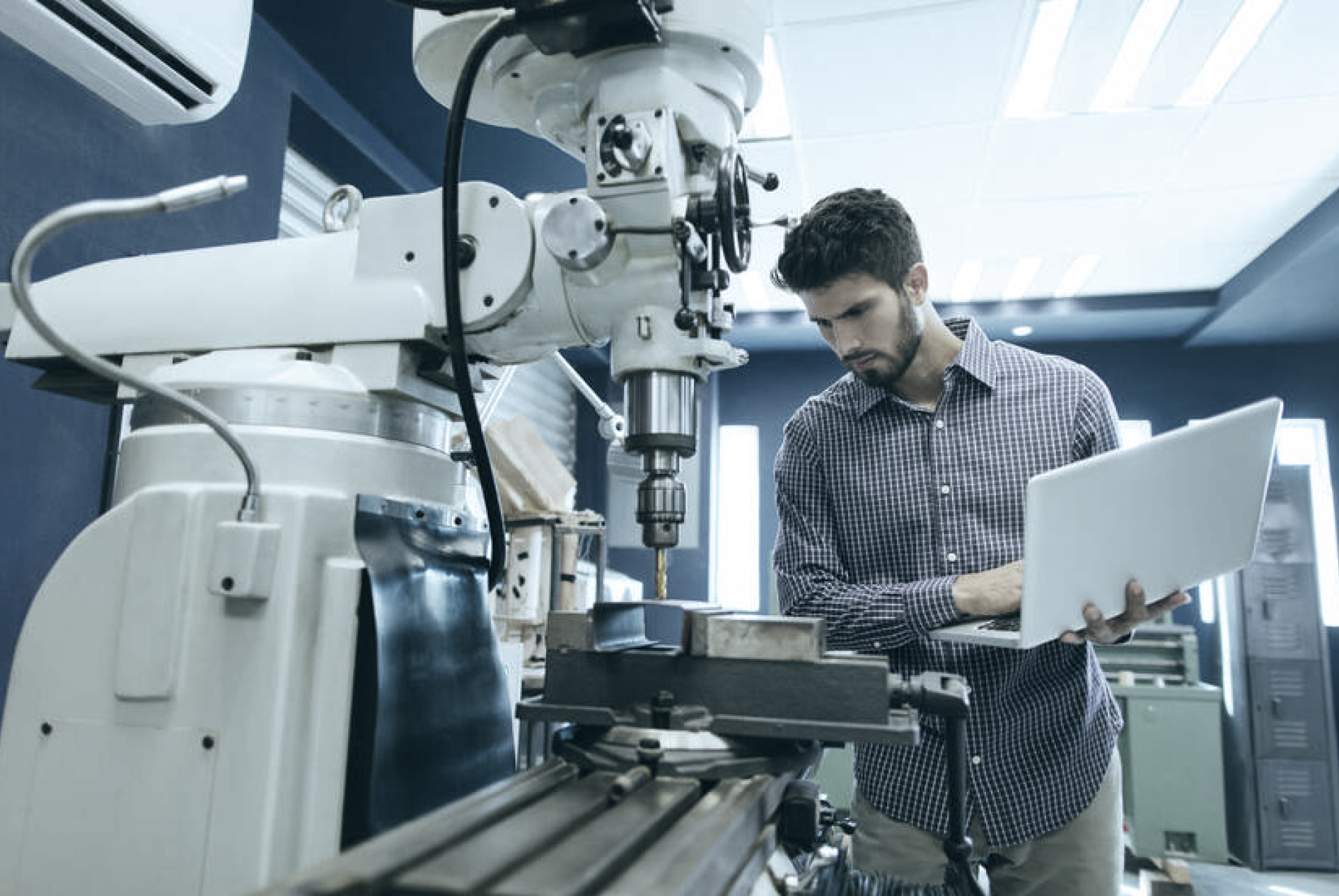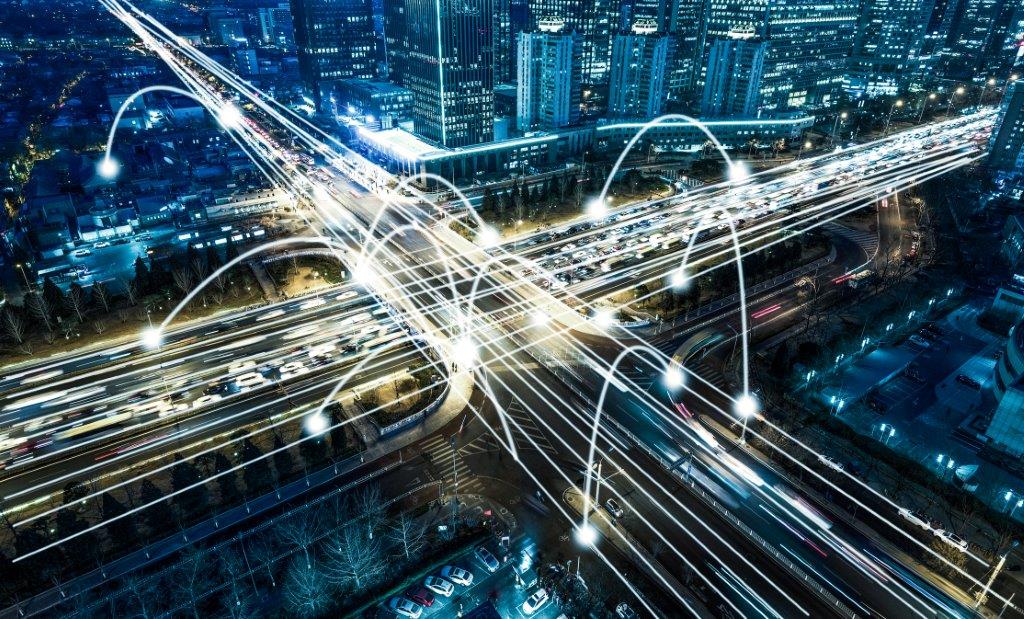IoT stands for “Internet of Things,” which refers to the network of physical objects (“things”) equipped with sensors, software, and other technologies to collect and exchange data with other devices and systems over the Internet. These objects can range from everyday household items to specialized industrial tools.
By integrating IoT technologies, Capestone can help improve the efficiency and security of various industries, while delivering innovative services and products that meet the growing need for smart, connected solutions. This highlights Capestone’s key role in providing advanced connectivity solutions that push the boundaries of what is possible with 4G/5G technology.

IoT offers numerous benefits that have the potential to transform the way we live and work:
Capestone can offer several innovative solutions with IoT technologies:





